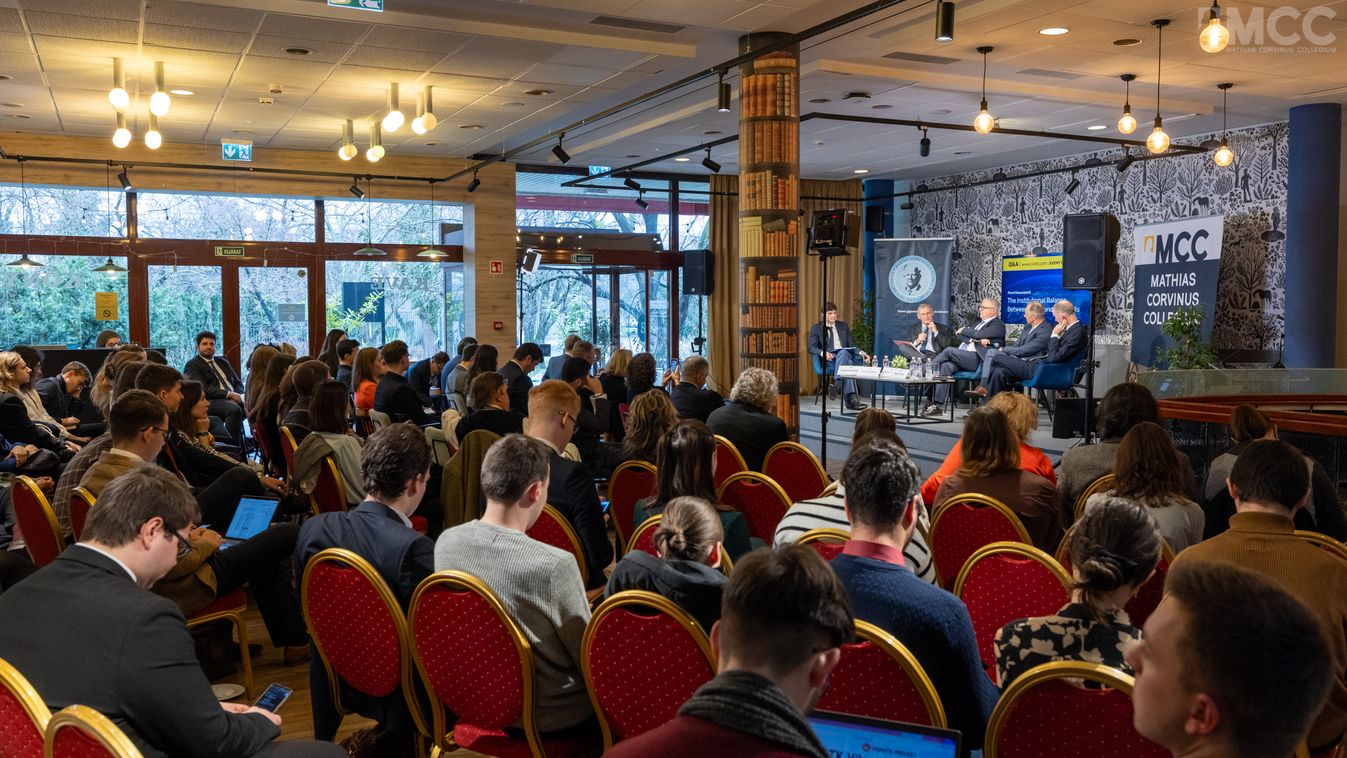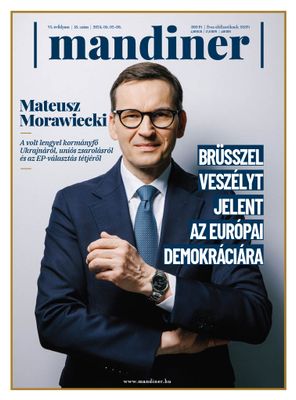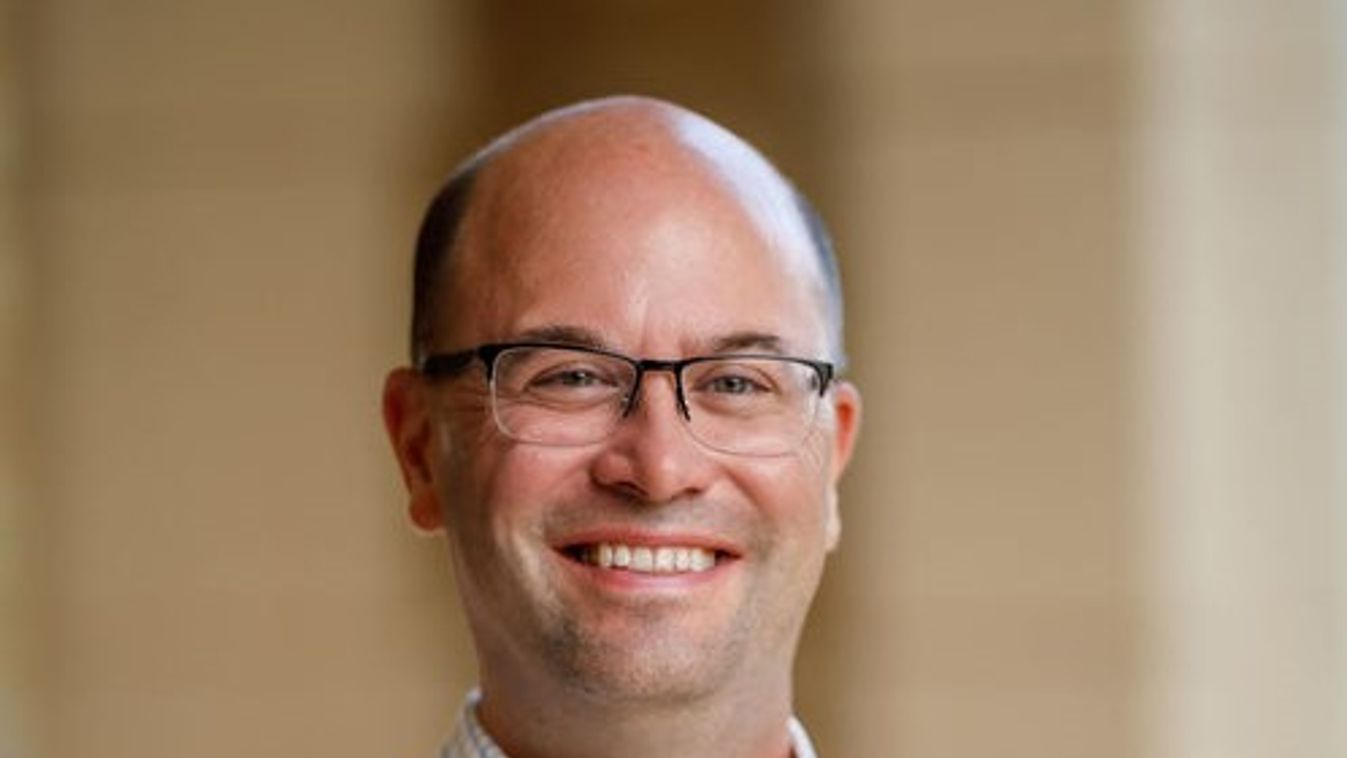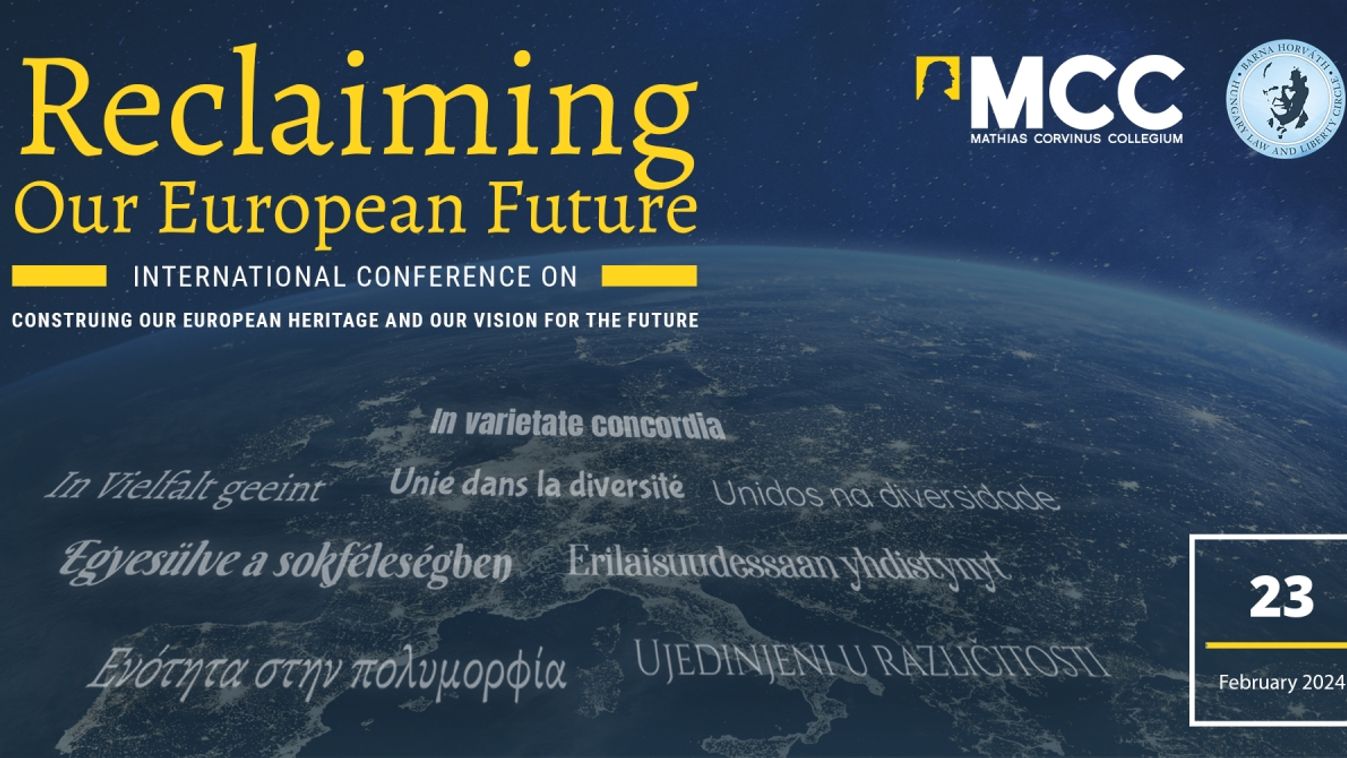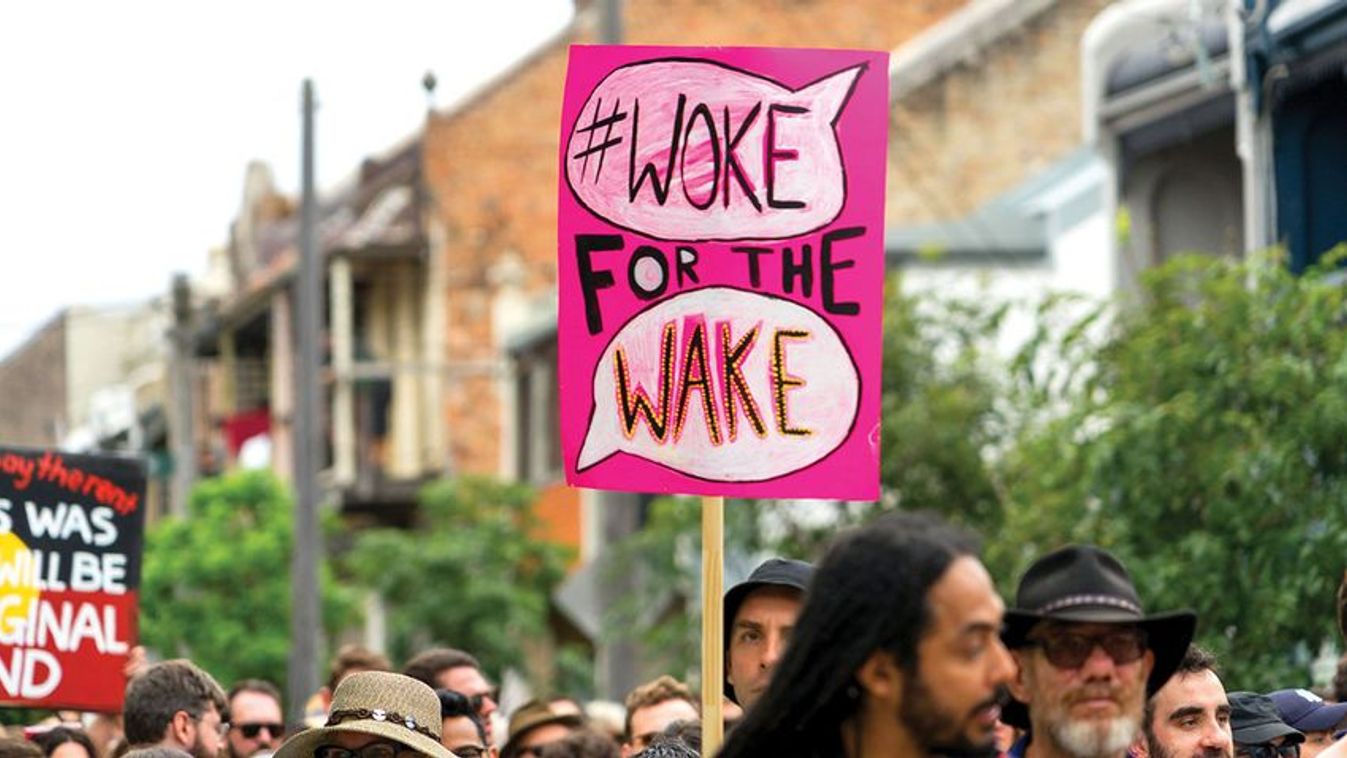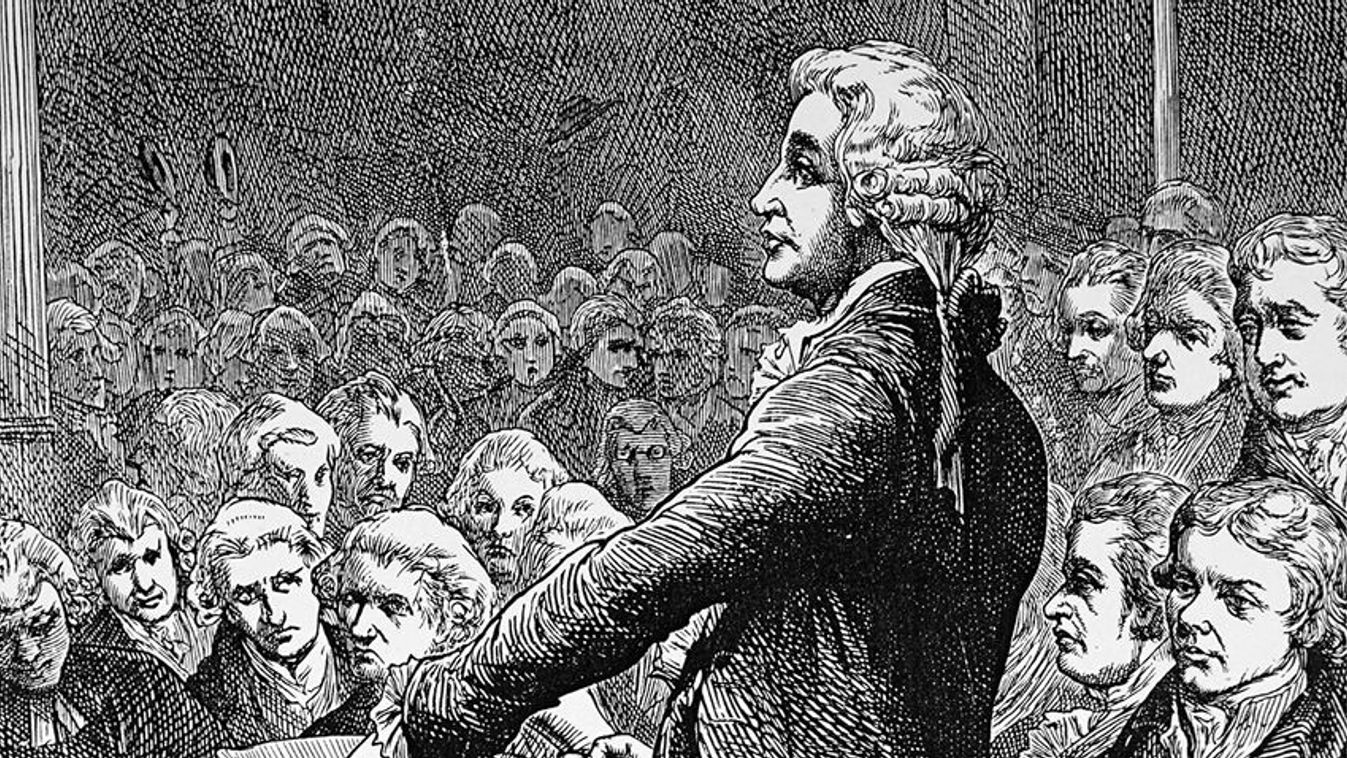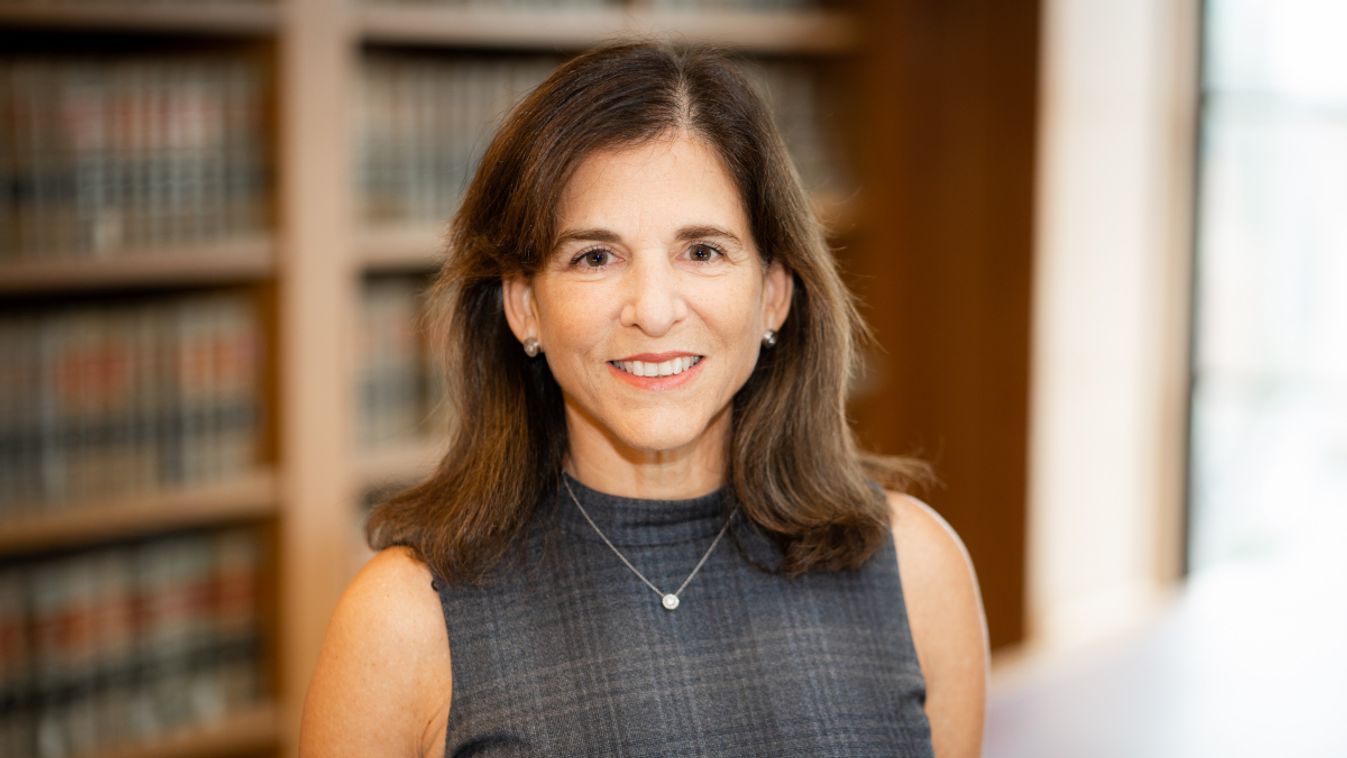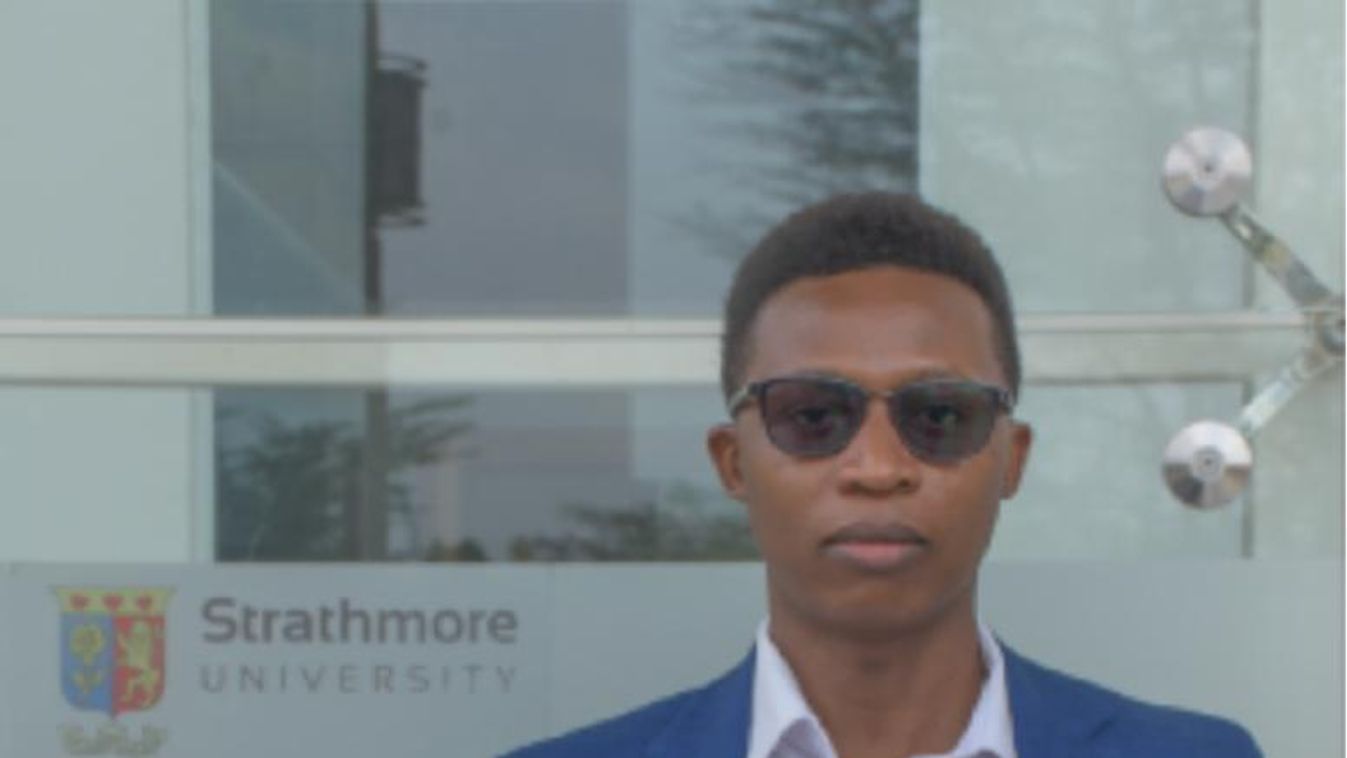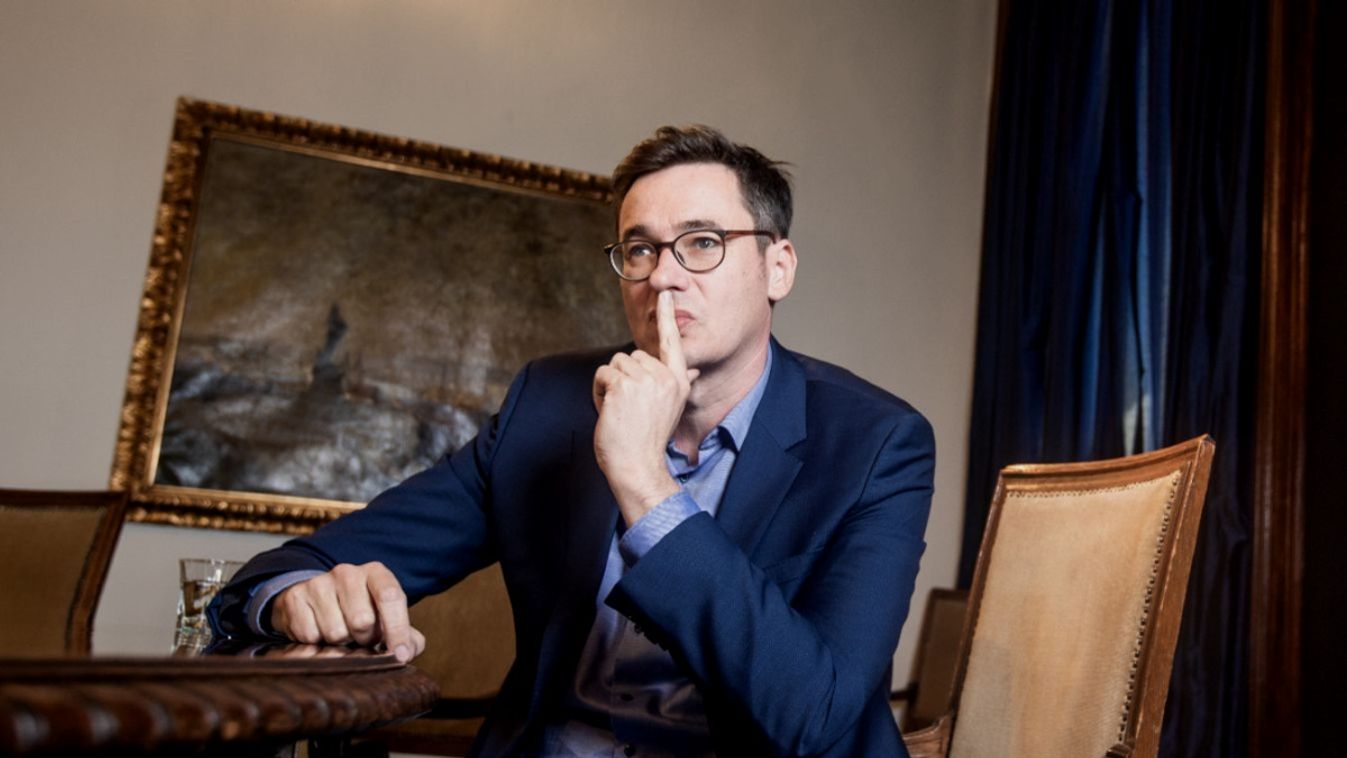Richard Garnett law professor at the University of Notre Dame and a leading authority on questions and debates regarding the role of religious believers and beliefs in politics and society. He is the founding director of Notre Dame Law School’s Program on Church, State, and Society, an interdisciplinary project that focuses on the role of religious institutions, communities, and authorities in the social order. He clerked for the late Chief Justice of the United States, William H. Rehnquist.
The COVID-19 pandemic along with the economic and social crises afterwards are testing the courage and ability of governments around the world. At the same the United States is facing an old – new phenomena in governance, the principle of federalism. The question was whether the state governors or the federal government had the right to order quarantines and then reopen the country. Some even suggested that a “Disunited States of America” and a new “nullification” crisis were about to unfold. How do you see this dilemma?
It is true that, because the Constitution of the United States confers particular, limited powers on the national government, and also divides those powers among three separate branches, coordinated and uniform responses to challenges such as COVID-19 are made more difficult. A foundational premise of this Constitution, though, is that political freedom as well as policy experimentation are well served by this arrangement. At the state level, it seems reasonably clear that governments possess and may exercise, subject to constitutional constraints, a broad “police power” to respond to public-health emergencies. And, most states have granted by legislation significant discretion to their governors in executing this power. As a result, the state governors, more than the federal government, appear to be the chief actors in responding to COVID-19. The federal response primarily takes the form of funding and financial relief, research coordination and support, and the regulation and approval of vaccines and treatments.
Since the Federal Constitutional does not have provisions in regards to state of emergency, I am wondering whether the Member States – and not the Federal government – have the authority to declare emergency and introduce a special governmental and legal order.
It is true that the Constitution of the United States does not vest Congress with a general “emergency response” power. At the same time, Congress’s various enumerated powers have been interpreted fairly broadly, and they do support a number of measures that authorize federal action – and, of course, spending – in response to various emergencies. Think, for example, of the F.E.M.A. (“Federal Emergency Management Agency”). Even within the American “federal” constitutional system, then, there is room and authorization for some national-level measures and initiatives.
Why do you consider the principle of federalism as an important constitutional guarantee in the governmental arrangement of the Unites States? How in your view has the weakening of this constitutional principle by the federal institutions including the federal judiciary since the New Deal era affected the governance of the country?
Constitutions are, of course, more than laundry lists of rights and aspirations. Fundamentally, constitutions allocate, structure, divide, and constrain the powers of governments. These structural arrangements and mechanisms are better or worse, depending on how well they facilitate human persons living together in community and flourishing. America’s constitutional structure has familiar inefficiencies, but these are, in my view, outweighed by its benefits, which include increased opportunities for citizen participation and policy innovation, clearer lines of official accountability, and a better fit for a nation of America’s size and diversity.
That said, American federalism has been transformed dramatically, not only by events and experiences, including the Civil War and the Great Depression, and by constitutional changes such as the Reconstruction and Progressive Era amendments, but also by a changed understanding of the federal judicial role. Beginning in the late-1930s, the Supreme Court tended to interpret federal powers broadly and acquiesced in the growth of administrative rule-making and governance. At the same time, it assumed a more active role in policing state and local governments’ compliance with an expanding understanding of federally guaranteed individual rights. These developments reduced, although could not eliminate, the sense in which states could function as distinct, and distinctive, political entities.
One of the causes and aspects of a weakening federalism was the centralization or “unification” of fundamental rights. The Bill of Rights attached to the US Constitution were initially served as a guarantee against the federal government, however, federal courts began to “incorporate” these rights and deem them applicable against States. This is what happened with the constitutional principle of religious freedom and the separation of church and state in 1947. You have been researching this area for quite a long time and you are also the founding director of Notre Dame Law School’s Program on Church, State, and Society. What in your view are the downsides of this centralization effort, especially with regard to both religious freedom and the separation of church and state? How did centralization affect the strong role religion always played in the American public life?
Students and citizens alike are often surprised to learn that the Supreme Court had almost nothing to say about the freedom of religion, or about the Religion Clauses of the First Amendment, for the first 150 years of the country’s history. Questions about the relations between religious and political institutions, about the rights of religious dissenters, and about the place of religious belief, expression, and symbols in the public square were debated, of course, but they were resolved in state courts, in legislative chambers, or in the “courts of public opinion”, not in the Supreme Court of the United States. The effects of the “federalization” of these questions, in the middle of the 20th century, were dramatic, because the questions now had to be answered in accord with some rule or “principle” and not through compromises that were sensitive to local realities and traditions. However, it is far from clear that the First Amendment was intended or understood by those who ratified it to be a judicially enforceable batch of rules and principles, except at high levels of generality. Yes, there appears to have always been a consensus that the United States should not set up a formal, national religious establishment, but it’s highly unlikely that the ratifiers codified a handbook for local school officials about things like holiday displays or prayers before football games.
We can witness an increase of the religious accommodation cases before the Supreme Court in the past decade. This is part of a larger response to centralized regulation. To what extent religious exemptions can contribute to preserve the religious diversity of the country?
It has often been observed that religious freedom is relatively easy to operationalize in a democracy when, and if, most people agree about religious and moral questions and governments do not do very much. However, as governments’ competence, activity, and ambition increase, and as religious diversity and pluralism do, too, the chances of conflict between government action and the religious exercise of some increase. Religious exemptions are a way to respond to such conflicts.
No government can accommodate all of those who object, on moral or religious grounds, to the demands of validly enacted, generally applicable laws. However, to the extent such accommodations are possible, without seriously undermining political communities’ important goals and basic commitments, they should be granted. Reasonable accommodations for religious believers and institutions reflect an appropriate humility about the role and authority of just governments and also show appropriate respect for persons’ pre-political obligations to search for religious truth.
In your answer, you raised a significant dilemma about the fundamental commitments and values of political communities. Currently, we have heated debates within Europe as well as with the European Union over the importance and preeminence of national identities and basic values of the European countries. In addition, we increasingly talk about a unique European way of life that deserves protection and promotion. Many American Presidents have also emphasized the distinctiveness of the American way of life. How do you see the right balance between the need to preserve the unique identity along with the distinctive way of life of a community and securing cultural diversity to a certain extent?
This is a fascinating question. What constitutes “the American way of life” is, of course, contested, and long has been. Speaking generally, it seems that the “identity” of the United States as a political community has had, and still has, less to do with language, or religion, or ethnicity and more to do with broadly shared attachments to representative democracy, individualism, and entrepreneurial energy. It would seem that “cultural diversity” in the United States, given our history and development, is not so much something that is secured by policy as it is the natural state of things. At the same time, there is an aspiration to “unity in diversity,” a unity centered on the Constitution itself.
You once clerked for the late Honorable Chief Justice of the United States, William H. Rehnquist. After long decades, Chief Justice Rehnquist was the first Chief who intended to reinforce the principle of federalism. The US v. Lopez case that was decided in 1995 was the first since 1937 in which the Supreme Court held that Congress overstepped its legislative power under the Constitution. How do you see this period? Can you share some personal experience from the Supreme Court with us?
The Lopez case did not have the effect that some hoped for, and others feared, namely, a significant reining in, by courts, of the reach of Congress’s regulatory powers. Nevertheless, it had a very important influence on the public and political conversation about American federalism. We were reminded of something that, for fifty years, many had forgotten, namely, that the national government really is one of enumerated and limited powers, and that this fact was thought by the founding generation to be essential to protecting and promoting individual freedom. Chief Justice Rehnquist labored for decades – often in dissent, sometimes alone – to return this appreciation for federalism to American constitutional law. And, in a variety of contexts, during his more than thirty years on the Court, he presided over, and led, a kind of “rebalancing” in our federalism doctrine. Whether his accomplishment will “stick” remains to be seen.
